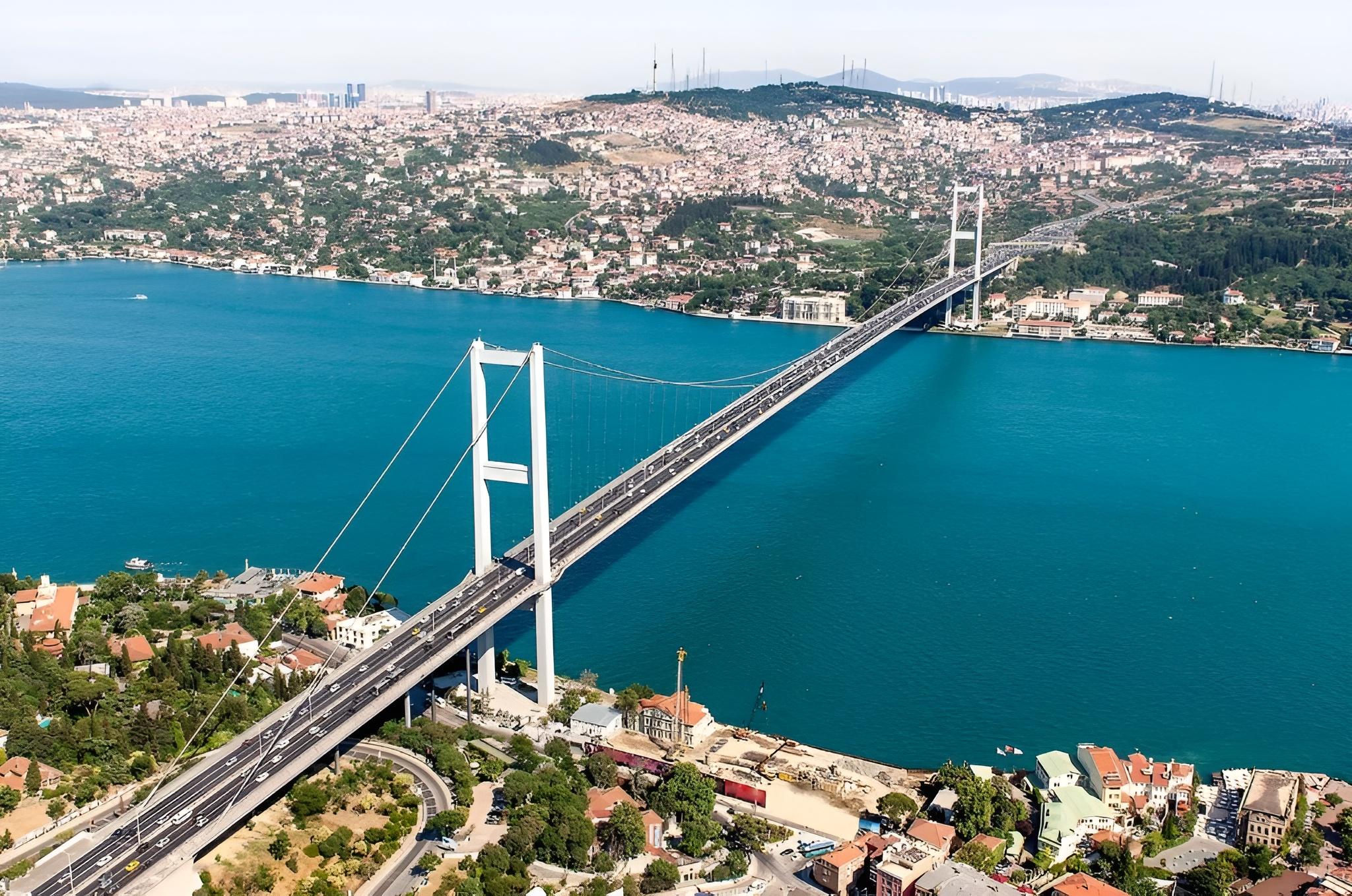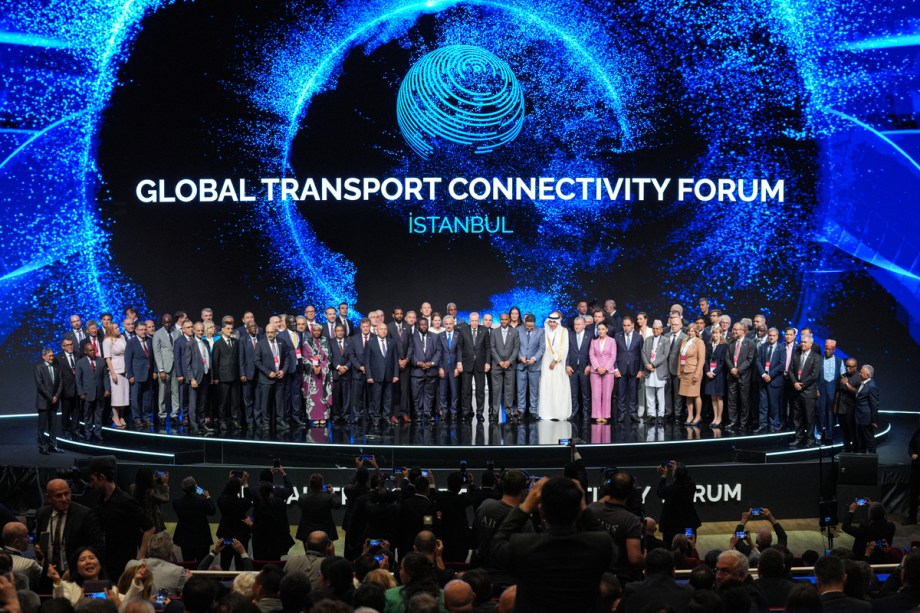Revived Trade Routes: Launch of Turkiye-Kuwait and Germany-Jordan Truck Transport System in Istanbul




New Era of Connectivity: Turkiye-Kuwait and Germany-Jordan Transport System
In a groundbreaking development that promises to reshape global trade dynamics, the Global Transportation Corridors Forum in Istanbul witnessed the remarkable launch of a cutting-edge truck transport system connecting Turkiye-Kuwait and Germany-Jordan routes. This transformative initiative marks a significant leap toward improved trade corridors and logistics infrastructure, promising to redefine transportation connectivity across the Middle East and beyond.
Turkish Transport and Infrastructure Minister Abdulkadir Uraloglu unveiled this ambitious project as the cornerstone of the Development Road Initiative, with Turkish President Recep Tayyip Erdogan gracing the historic event. The project's vision is both dynamic and far-reaching: to chart a seamless transportation path from Turkiye through Iraq to Kuwait, eventually extending to Jordan and creating an integrated network that will revolutionize regional commerce.
This endeavor aims to effectively harness the strategic essence of the Development Road, a pivotal trade route that will seamlessly weave together railways, highways, ports, and urban centers into a comprehensive logistics ecosystem. The initiative represents more than just infrastructure development; it embodies a vision of unprecedented international cooperation and economic integration.
The significance of this initiative reaches new heights with the construction of the impressive 745-mile (1,200-kilometer) railway and highway network. This intricate transportation web is strategically designed to connect with the future Great Faw Port, which is destined to emerge as the largest port facility in the Middle East. By creating what is being called the Iraqi Silk Road, this project ingeniously offers a compelling alternative to the traditional Suez Canal route, promising faster transit times and more efficient global trade operations.
Nasser Al Asadi, senior advisor to the Iraqi prime minister on transportation affairs, enthusiastically echoed the project's transformative potential, acknowledging its power to unite Western and Eastern markets through Iraqi territory. The emphasis remains on turning ambitious aspirations into concrete realities, with stakeholders across the region expressing genuine excitement about the unprecedented prospects this initiative presents.
The Executive Secretary of the UN Economic Commission for Europe, Tatiana Molcean, shared this widespread enthusiasm during the forum, highlighting that this venture heralds a new age of connectivity where traditional borders are replaced by collaborative bridges of commerce. Similarly, Umberto de Pretto, secretary general of the International Road Transport Union, emphasized the project's critical importance in ensuring that Iraqi-produced goods can now reach global markets with unprecedented speed and security.
Perhaps the most remarkable aspect of this development is the reopening of the Iraq transit route, a crucial milestone after its prolonged closure due to regional conflict in 2003. With the new integrated truck transport system now operational, this historically significant route has been revitalized, as dramatically demonstrated by the historic departure of three cargo-laden vehicles from Germany on June 25, marking the first direct commercial shipment to Kuwait in over two decades.
Minister Uraloglu described this inaugural journey as a comprehensive "trial run" designed to ensure the corridors remain vibrant and fully operational. The tracking and monitoring of these pioneering trucks represents just the beginning of what promises to be a sustained transformation in regional logistics capabilities.
The bustling metropolis of Istanbul provided the perfect backdrop for the Global Transport Connectivity Forum, where international leaders gathered to witness this historic moment in transportation evolution. The forum served as a platform for fruitful discussions about future advancements and collaborative opportunities in the transportation sector.
This monumental achievement represents far more than infrastructure development; it symbolizes the dawn of a new era in global logistics and international transport cooperation. The impressive strides taken by Turkiye alongside its regional and international partners are systematically laying the foundation for a future characterized by unprecedented connectivity, enhanced trade efficiency, and shared economic prosperity across traditional geographical boundaries.
The Development Road Initiative stands as a testament to the power of visionary planning and international collaboration. By transforming historical trade routes and creating modern alternatives to established shipping channels, this project demonstrates how strategic infrastructure investment can reshape entire regions and create new opportunities for economic growth and cultural exchange.
As this ambitious project moves forward from its successful launch phase, it promises to deliver tangible benefits not only to the participating nations but to the broader global trading community. The combination of modern technology, strategic planning, and international cooperation embodied in this initiative serves as a model for future infrastructure development projects worldwide.
The reopening of transit routes that have remained dormant for two decades represents more than logistical restoration; it symbolizes renewal, hope, and the triumph of cooperative diplomacy over historical challenges. This achievement underscores the transformative potential of infrastructure investment in creating lasting positive change across national boundaries and traditional divides.

Comments